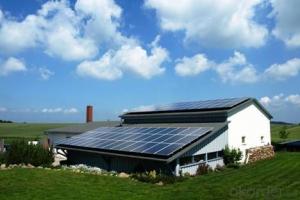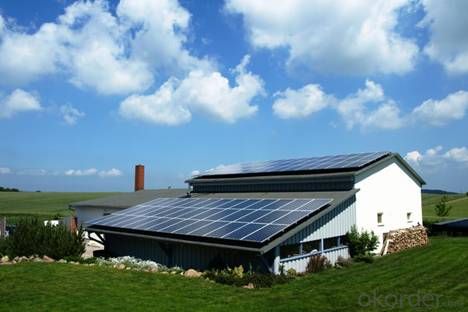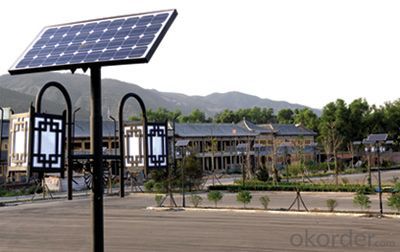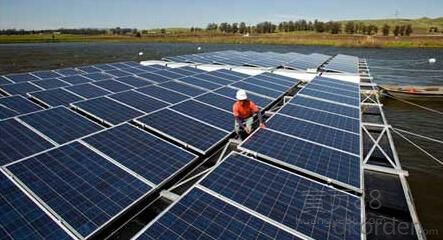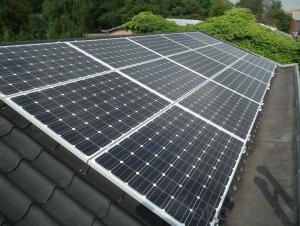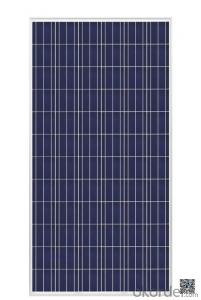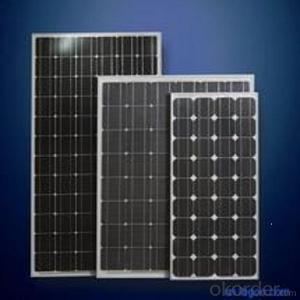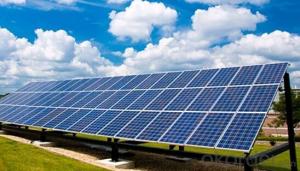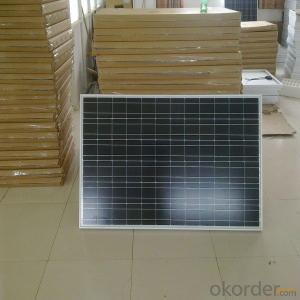Best Looking Poly Solar Panel Module with 60 Cells - Top Seller
- Loading Port:
- Shanghai
- Payment Terms:
- TT OR LC
- Min Order Qty:
- 1000 watt
- Supply Capability:
- 10000000 watt/month
OKorder Service Pledge
OKorder Financial Service
You Might Also Like
Specification
Poly Solar Panel with 60 Cells Best Seller
- TUV IEC, MCS (UK), CE, CEC (Australia), INMETRO, IDCOL, SONCAP CERTIFIED
- [EU ANTIDUMPING DUTY-FREE]
- PROFESSIONAL SOLAR PANEL MANUFACTURER SINCE 2004
FEATURES
`Long Service Life
`High Efficency Solar Cells
`Special Aluminum Frame Design
`High Transmission,Low Iron Tempered Glass - TUV IEC, MCS (UK), CE, CEC (Australia), INMETRO, IDCOL, SONCAP CERTIFIED
- [EU ANTIDUMPING DUTY-FREE]
- PROFESSIONAL SOLAR PANEL MANUFACTURER SINCE 2004
FEATURES
`Long Service Life
`High Efficency Solar Cells
`Special Aluminum Frame Design
`High Transmission,Low Iron Tempered Glass
`Advanced Cell Encapsulation
APPLICATIONS
`Solar power stations
`Rural electrification, Small home power systems
`Power supply for traffic, security, gas industry
`12V and 24V battery charging system
`Other industrial and commercial applications
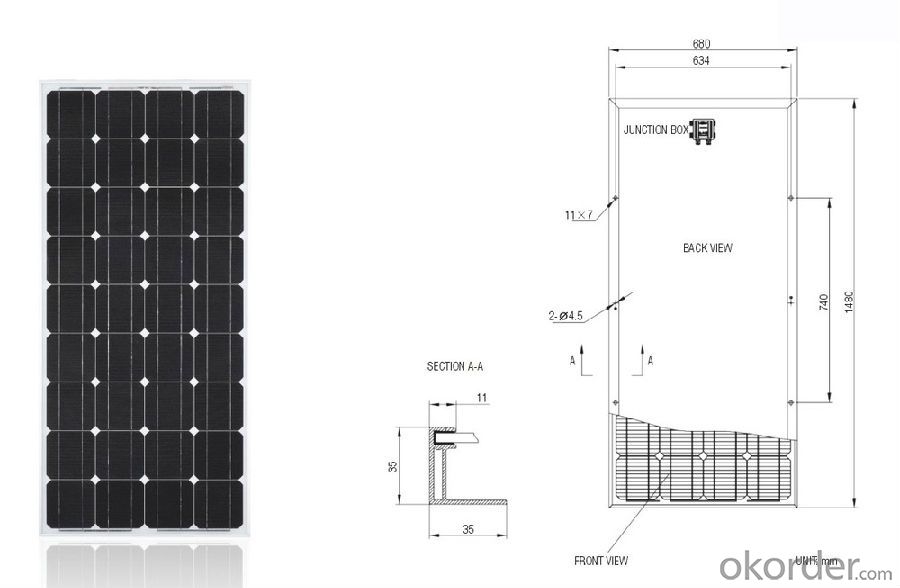
| ELECTRICAL CHARACTERISTICS | |||||||
| Model Number | KM(P)275 | KM(P)280 | KM(P)285 | KM(P)290 | KM(P)295 | KM(P)300 | |
| Maximum Power as per STC | Pmax(W) | 275 | 280 | 285 | 290 | 295 | 300 |
| Power Tolerance | % | ±3% | |||||
| Maximum Power Voltage | Vm(V) | 36.43 | 36.56 | 36.72 | 36.79 | 36.93 | 37.15 |
| Maximum Power Current | Im(A) | 7.55 | 7.66 | 7.77 | 7.89 | 7.99 | 8.08 |
| Open Circuit Voltage | Voc(V) | 43.7 | 42.92 | 44.06 | 44.21 | 44.35 | 44.5 |
| Short Circuit Current | Isc(A) | 8.1 | 8.17 | 8.23 | 8.33 | 8.41 | 8.72 |
| Maximum System Voltage | VDC | 1000 | |||||
| Cell Efficiency | % | 15.7 | 16.0 | 16.3 | 16.6 | 16.8 | 17.1 |
| Module Efficiency | % | 14.2 | 14.5 | 14.7 | 15.0 | 15.2 | 15.5 |
| Cells per Module | Pcs | 72 | |||||
| Cell Type | Polycrystalline silicon | ||||||
| Cell Size | mm | 156 x 156 | |||||
| Bypass Diodes | Pcs | 12Amp, 6 pcs | |||||
| Max. Series Fuse Rating | A | 15A | |||||
| Temperature coefficient of Isc | %/°C | 0.05 | |||||
| Temperature coefficient of Voc | %/°C | -0.35 | |||||
| Temperature coefficient of power | %/°C | -0.47 | |||||
| NOCT- Nominal operating cell temperature | °C | 47 ± 2 | |||||
| Operating Temperature | °C | -40 ~ +85 | |||||
| MECHANICAL CHARACTERISTICS | |||||||
| Dimensions | mm | 1954 x 990 x 50 | |||||
| Weight | Kg | 23.5 | |||||
| Type of Junction Box | TUV certified, IP65 | ||||||
| Cable Type, Diameter | TUV certified, 4mm2, 90 cm in length | ||||||
| Connector | compatible to Type 4 (MC4) | ||||||
| Tempered Glass | 3.2 mm, high transmission, low iron | ||||||
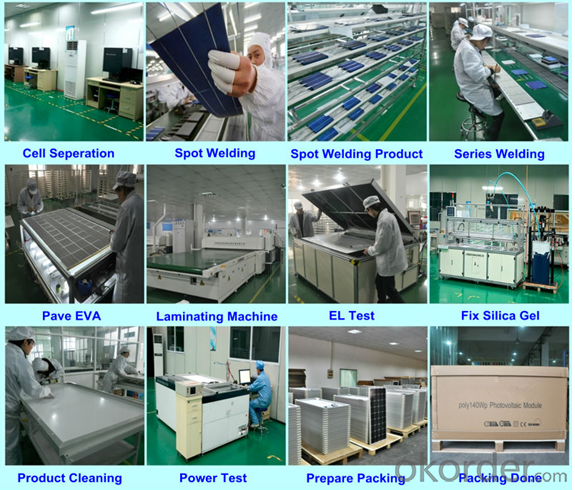 Packing
Packing
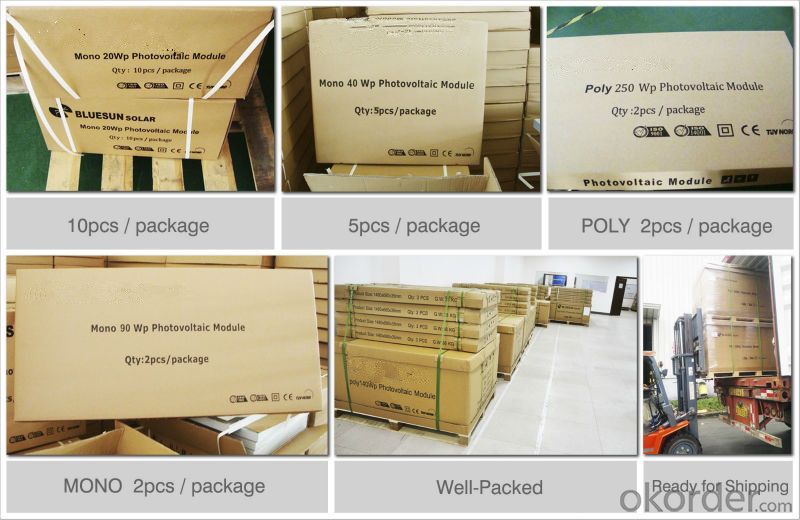
FAQ
1. What kind of Solar Cells does it have
---poly crystalline 156*156mm and 125*125mm or mono 125*125mm and 156*156mm
2. Is the front panel Glass or Plastic
---Tempered glass 3.2mm thickness or adjust to what you need, Light transmittance up to 95%.
3. Does it meet Europe Standards for Solar Energy
---This is TUV approval products, all the producing procedure apply TUV&UL.
4. What is the Efficiency level
--- Between 16-18.9% for solar cells.
- Q: Is there a free site or resource that will teach you how to do this? Hopefully step by step and tells you how to buy all the parts ect?Which is the best resource for sale earth4energy, homemadeenergy, ect? Do they actually work and also as well as those which are professionally done?They say it will cost under $200 for a panel, but how much will this panel actually produce I mean how many panels would you have to make to produce 00% of your homes energy?
- I have no idea the out put of the panel you plan to make, but $200.00 will not even come close to power much. You don't say whether you want to power your house straight from the solar panels (not possible, because the sun doesn't shine 24/7). That being said,you will need a very large array to power your house,going to battery's to inverter to get AC power. Your initial cost would be around $25000,00, but you might be eligible for a tax rebate and maybe a rebate from your state and power company. There is a lot more to be said on the subject,but this is enough to either get you started or discouraged.
- Q: Can solar panels be installed on a carport structure?
- Yes, solar panels can be installed on a carport structure. In fact, carports are an ideal location for solar panel installations as they provide ample space and can help maximize the energy production potential. Additionally, solar carports offer the added benefit of providing shade and protection for vehicles while generating clean and renewable energy.
- Q: A few months ago my dad said something about getting solar panels, and how green they were. I was just wondering if there were any companies that sold them and if they would actually make a big difference.
- The okorder /
- Q: We are looking in to buy solar panels for our house. The payment has to be around or under $4000. Our house is a 4 bedroom and 3 bath 2-story house. (Around 2500 sq. ft.) Where can we get the solar panels? Also: Will it heat our water? When we get the solar panels, what direction do they have to be facing?
- The crisis is that it's so high priced to have mounted and as you assert it's going to take decades earlier than you honestly begin saving above what the install rate used to be, I for my part might now not cross forward and make that kind of funding, it might be extra lucrative to hold the cash in a constructing society, get the curiosity from it and use that to pay to your electrical energy however the important factor that I have towards sun Panels is that until you keep in that condo for a minimum of twenty 5 years you'll now not succeed in the factor in which you're saving and to capitalise on it you might need to keep there for decades extra, so you'll now not have the choice of relocating condo with out wasting your funding and on the second having sun panels does now not develop the significance of the estate, it's only a well promoting factor, while you purchase your new condo, you might commonly need to begin everywhere once more after which given that of the years will on no account reside lengthy ample to obtain any improvement from it.
- Q: I'm making a model of a solar photovoltaic tower for a school project. I need a way to store energy, and we thought about using capacitors (mainly because of our somewhat limited funding). The tower will have a small photovoltaic panel (around the size of a laptop keyboard with number pad) and some (around 50) quot;heliostats(just the mirrors, no moving parts). What kind of capacitors should i use? and would a capacitor bank be better? i am getting confused with all those uF, pF and can't see the difference.Thanx in advance
- Solar Capacitor
- Q: How do solar panels affect the property's branding and marketing?
- Solar panels can positively impact a property's branding and marketing by showcasing its commitment to sustainability and environmental responsibility. It can position the property as a forward-thinking and eco-friendly option, appealing to environmentally conscious consumers and potentially attracting a larger customer base. Additionally, solar panels can contribute to cost savings and energy efficiency, which can be highlighted as unique selling points, enhancing the property's marketability and competitiveness.
- Q: Solar panel for battary charging
- What you are stating is that the battery you have will operate the UPS for about 2 hours before it is drained past the point of no return (technically 2.82 hours, but that would be a dead battery - most well-designed UPS systems cut off when the battery gets below about a 30% charge so that battery is not damaged. Lead-Acid batteries have about a 0%/month self-discharge rate if there is no load connected. The very best systems are as low as 3%, the worst are over 20% - and all at a 'normal' temperature. So, you will need a maintenance charger of about ten (0) watts or so - amp will be more than enough. And about any solar panel will handle that much with the proper charging connection.
- Q: I bought a pack of OEM mini solar panels that produce 4.2v and 22mA and I was just wondering how many LED's I could hook up to one mini solar panel? I currently have one green LED with a resistor on the one panel but was wondering how many I could possibly run off of one panel?
- Typically LED's run off low voltage and 20mA or so of power (it depends what kind of led you have). That being said if one of your solar panels only provides 22mA of power then your circuit would have to be a series circuit for you to connect more than one. In a series circuit the current supplied of 22mA will go through each LED whereas a parallel circuit the current would be divided for each subsequential led. So in your case i can see you getting away with 3 or so led's before the voltage drop across each led will cause the voltage to be insufficient enough to drive anymore. Keep in mind the LED's will turn on but the first one will be bright then next one not as bright and so on. If you opted out and bought a solar panel with 200mA and 4V you could wire the led's in parallel and get 0 led's to turn on with the same brightness or intensity. Hoped that helped!
- Q: I used to live from my car and i am soon returning to that way.I want a solar panel to a battery to a surge protector so that i can use a portable wifi box and my laptop at the same time. Also i would charge my phone occasionally.I would like the charge to be enough for several days in case of cloudy weather.I just do not want anything to short circuit or ruin my laptop etc.Is thete a way to get this?What do i need or what exactly should i look into?
- Sorry, but you're looking at thousands of dollars to accomplish that. Solar power/panels aren't cheap enough yet to do what you're asking.
- Q: I want to put a solar panel(s) on my roof. What components do I need besides the solar panels? solar power controller? wires? How do I hook it into my home's electrical system and about how much electricity could I generate and save? Would the panels pay for themselves over time? Any help will be appreciated. Thank you!
- Many okorder /
Send your message to us
Best Looking Poly Solar Panel Module with 60 Cells - Top Seller
- Loading Port:
- Shanghai
- Payment Terms:
- TT OR LC
- Min Order Qty:
- 1000 watt
- Supply Capability:
- 10000000 watt/month
OKorder Service Pledge
OKorder Financial Service
Similar products
Hot products
Hot Searches
Related keywords
